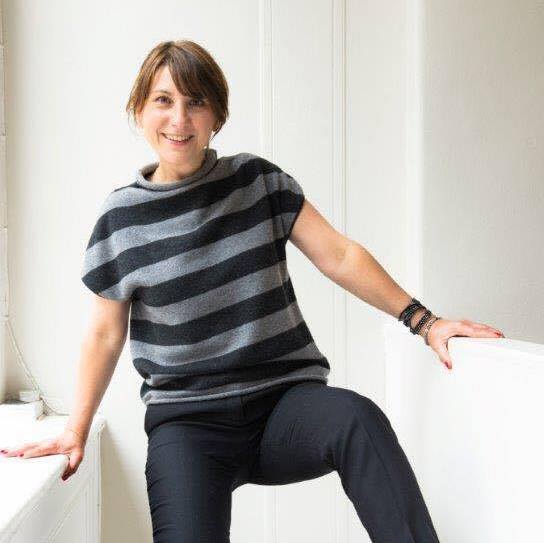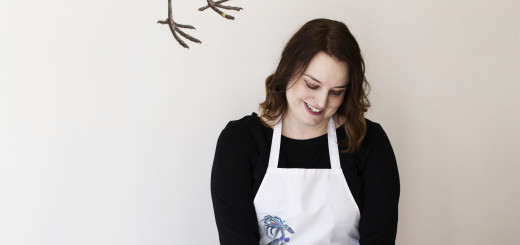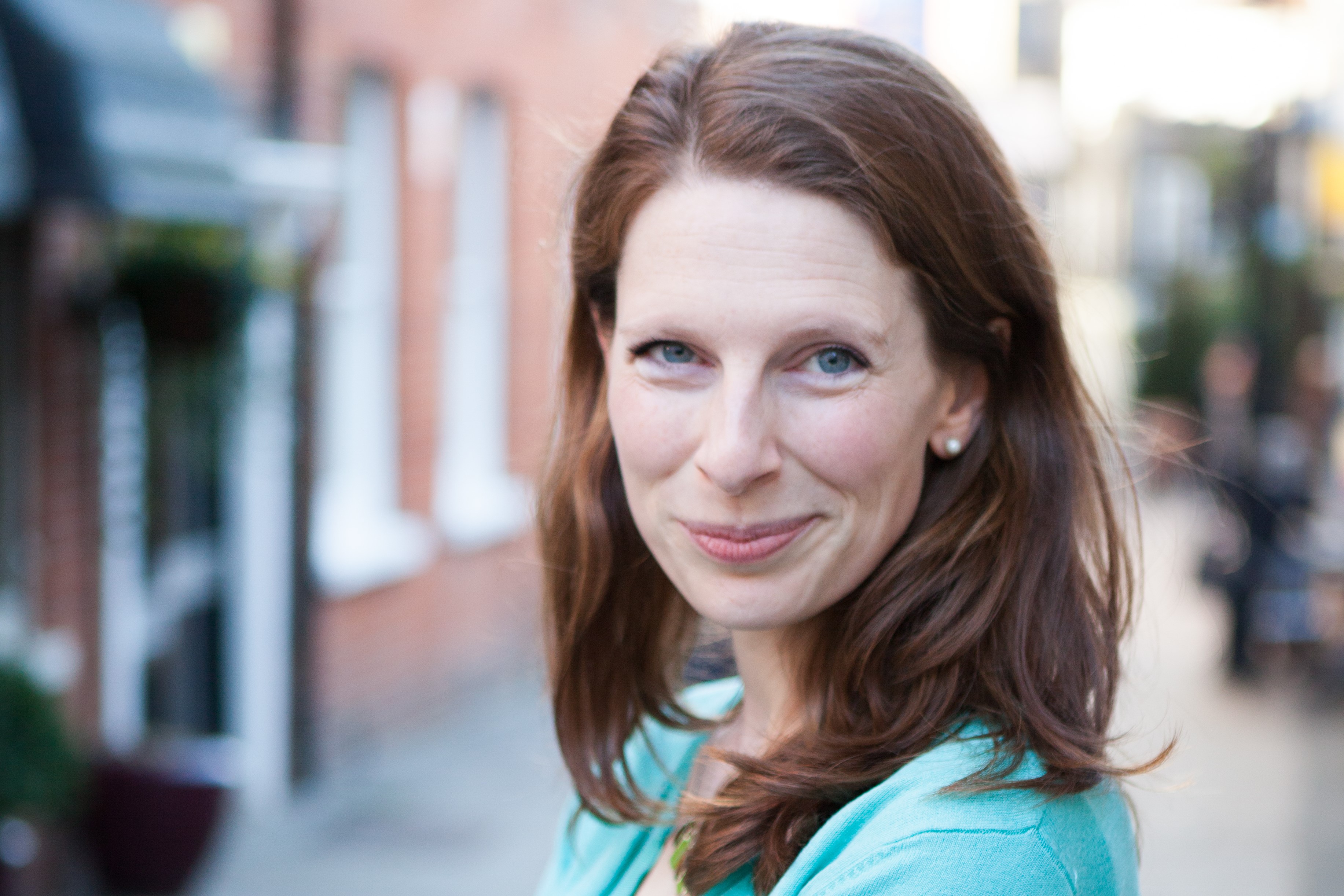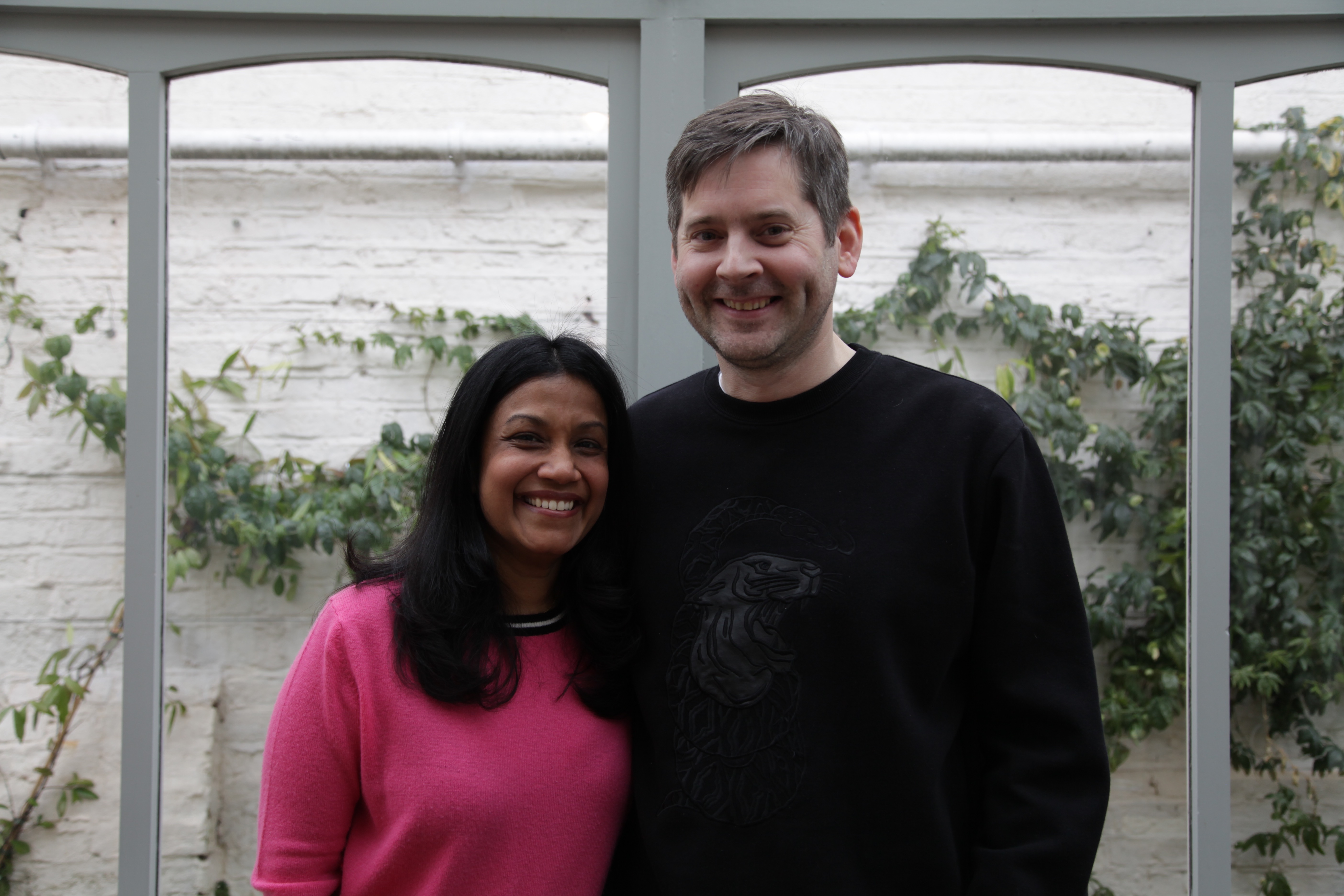Celebrating 25 Years of Club Petit Pierrot with Stella Bataille
2018 marks the 25th anniversary of the start of Club Petit Pierrot, an immersive French language club. Mums In The Wood caught up with the Club’s founder Stella to find out a little more about Club Petit Pierrot, what sets it apart and where it will go from here.
Question:
Tell us a little bit about you, your background and how Club Petit Pierrot was first started? Also, a little about the name, a French Classic, was it your favourite?
Answer:
I was born and brought up in Paris and arrived in London in 1989 because my English boyfriend at the time (now my husband) was living here. I found a job right away as a teacher at L’Ecole des Petits. I have always been interested in language development but it was during that experience that I realised the amazing potential for young children to learn a second language.
I had a wonderful time seeing 3 year olds become bilingual in just one year when taught full-time in total immersion.
I left the school after a few years and firstly I taught French to children privately, and it was actually the parents who were really impressed with the results. They kept suggesting to me that I should create my own classes. So I created Club Petit Pierrot in 1993, and families would come from all other London to my very first group in Belgravia, and for years it grew only due to parents’ recommendations.
When I brainstormed for a name, I knew that I wanted a name that not only sounded French but also had an element of creativity, poetry and drama! Pierrot came to mind and Club Petit Pierrot together sounded really good, and clearly evoked the spirit of the classes.
Question:
As you celebrate your 25th very successful anniversary, what do you think it was about Club Petit Pierrot that made it so successful?
Answer:
Firstly our teaching method and the quality of our teaching. As parents see their children happy and progressing well, they recommend us. Secondly the team; we are a club not like any other I believe. I run it like a school with great care, and I train all the teachers to be able to use our programmes to achieve the best possible results.
When you work with children, you need caring teachers who understand that the children need to be secure and happy to learn. We also have a close relationship with the parents and I am very proud to say that our centres are like small communities. Some families stay with us for years because they enrol sibling after sibling.
Obviously the programme and techniques I have developed to be able to teach without any translation whatsoever, and without putting any pressure on the children, has proven to be successful. But to last as long as we have, I regularly review and improve what we do. You have to take into consideration the recent research and the new technologies available. And most importantly, how parents and children have different needs from 25 years ago.
Lastly having your own business is hard work, so believing in what you do and being passionate about it is essential!
Question:
What is the immersion method and why do you feel it is the best way to teach a child?
Answer:
There has been a lot of research confirming that language immersion is the single most effective method for learning, and teaching, a new language. Language immersion is a teaching approach which means that everything is taught in the target language, and that the students absorb the language.
How does one learn his/her first language? No translation! Our approach is direct. When the environment encourages communication, children will make a direct link between what they see or experience and what is being said.
If children are fully immersed they will not only absorb the language, but they will also become completely at ease with no inhibitions. On the other hand, if you start translating for instance in English, don’t be surprised if the child answers back in English!
Question:
How much of an impact do you think a weekly class has on a child who does not have a French background?
Answer:
A lot actually! At Club Petit Pierrot we do not just teach words to name things, we also teach how to communicate in French so we give the foundation to eventually be able to speak fluently.
We have clear objectives, and our carefully planned programme of fun cross-curricular activities allows for a lot of repetition to occur naturally. Children revise and build up vocabulary without realising it.
This is a long term process, but having said that more exposure means faster progress! The children who use our CD during the week and come to our holiday clubs make amazing progress. By the age of 3 or 4 years old some have joined groups with children who speak French at home too!
Question:
What is the most important thing parents should remember when raising bilingual or multilingual children?
Answer:
Even if your child answers back in English, keep speaking your native language to them. And I know it can be an effort sometimes, but remember if your child understands everything you say then half the battle has been won!
Question:
When you look back over the years, is there anything you regret not doing or anything you would have liked to do differently?
Answer:
Regret not really… “Je ne regrette rien!” That said I have made mistakes. However, I am not afraid to admit it. I always see every problem as an opportunity to learn and improve. I think that it is important to have this state of mind when you are building a business.
Question:
What is your best memory so far, of all the thousands of children you’ve taught? What is the most interesting story that sticks in your mind?
Answer:
Oh là là!! It is very difficult for me to pick just one, so here are a few…
- My first Club Petit Pierrot lesson ever, when I took out a sweet puppet, one child screamed and was really afraid. I am glad it did not discourage me from using puppets as they are an excellent tool for language development!
- A mother told me that she listened to the CD with her daughter while pregnant with her son. When he is upset, it is the CD she uses to calm him down. This is not a French speaking household and the little boy who is 2 now and comes to a weekly class, sings and plays in French a lot at home.
- A little girl who did not talk for a whole year during classes, even though she was clearly listening, suddenly started to speak constructing short but full sentences!
- One of our pupils on the Autism spectrum, learning our CD songs very quickly and singing his heart out with a beautiful accent every time.
- A famous pop star singing along and dancing with their toddler to my CD’s songs.
- A parent letting me know that one of my very first students had achieved a First in French from Cambridge University!
- Receiving an email from a famous Fashion Designer who had left for LA a couple years earlier, to let me know that their child had just come out with a sentence in French over breakfast! They told me I was right about the immersion method, and that they had very fond memories of our classes.
Question:
You often compose a lot of the songs yourself and you sing on the CD as well, do you hail from a musical background?
Answer:
I don’t have a musical background but, from day one, every time I needed a song or rhyme and couldn’t find one which was appropriate, I just made one up!
I mainly wrote the words for all the songs on the CD and the musical arrangements were all made by the Deputy Musical Director of London’s West End musical “The Lion King”.
When I discussed the project of the CD with this talented musician, he suggested that I should sing. After a trial session he confirmed that I could sing, and thought that I had my own special way of pronouncing and emphasising words that was necessary for this kind of educational CD.
I am very proud of the quality of this CD.
Question:
What would your advice be to parents who want their child to learn a second or third language but are not native speakers and hence unable to support their child’s language development at home in the more traditional way?
Answer:
This is an excellent question as some parents are worried about this and sometimes it stops them from doing it. Find fun ways to play with the language and introduce your child to it. It does not matter at all if a parent does not speak or has the right accent as long as they use language support that does, such as songs, rhymes or videos.
And do remember all research says the earlier, the better!
Question:
Where do you see Club Petit Pierrot going from here?
Answer:
My ambition is to make learning French accessible to every child, wherever they are and whatever their social or educational background. So we really need to be more present online, and since I have also often been asked to write my own teaching method, this is what we will do next!



























